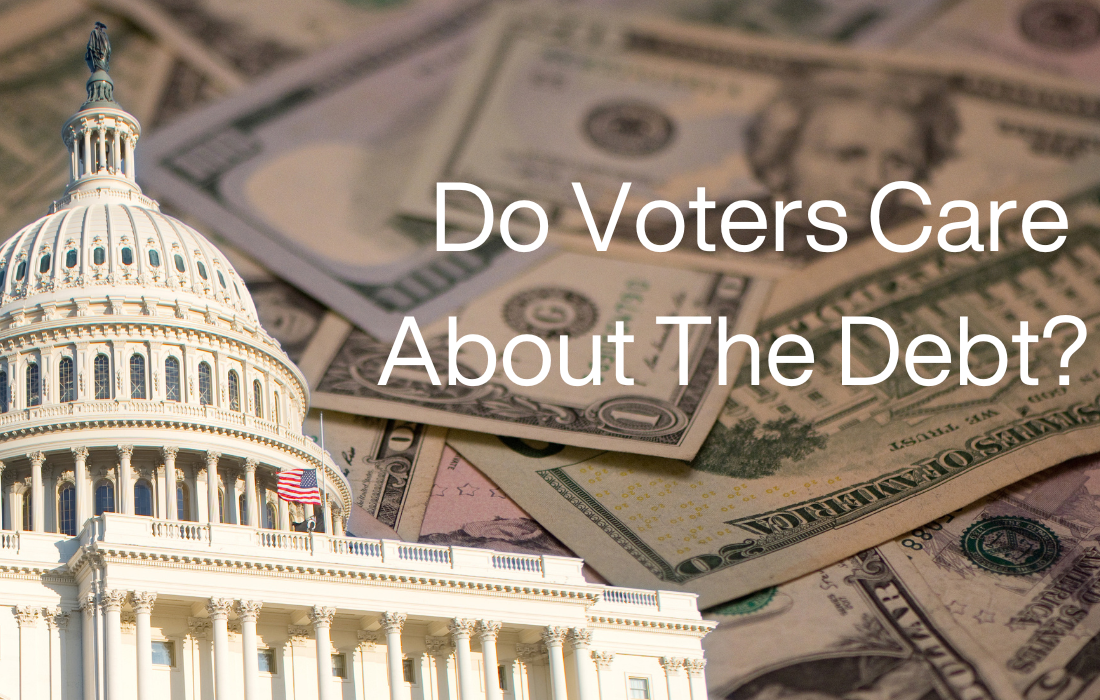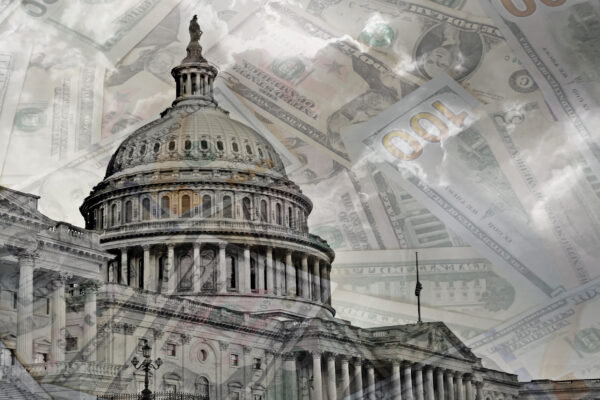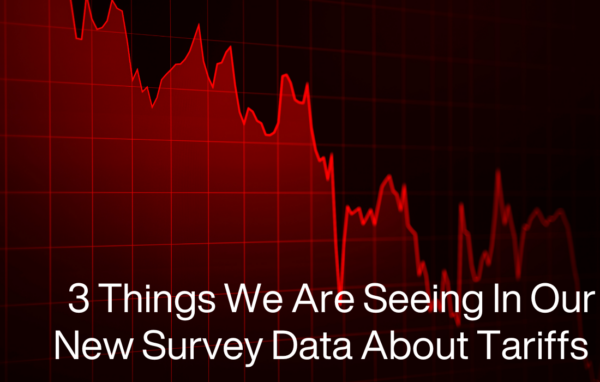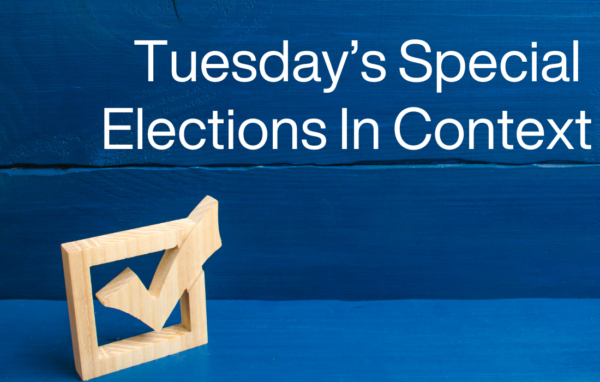Congressional Republicans often think that voters don’t care about the national debt, but our research shows that voters care more than lawmakers may realize. This research consisted of a series of listening sessions with voters and a national survey (January 7-10) of 1200 registered voters.

In a series of beliefs, several statements about the consequences of the debt and deficit were very believable to voters, reaching over 60% believing:
• If we continue down this path, in the future we will be faced with higher taxes, higher interest rates, and an economy that doesn’t work for working Americans. (72-14 believe-do not believe). This was believed by majorities of Republicans (80%), independents (75%) and Democrats (61%).
• The federal debt has nearly doubled since 2017. (67-11) This statement was also believed by majorities of Republicans (77%), independents (67%) and Democrats (57%).
• The federal government has spent $6 trillion or more the last four years in a row which is a new record for government spending. (61-15 believe-do not believe) This statement was also believed by majorities of Republicans (77%) and independents (61%), with less than 50% of Democrats believing (47%) but more Democrats believed this than did not (47-22).
Although there is concern about the nation’s fiscal situation, people do not accept that tax increases are inevitable: Because of the national debt and needing to shore up Social Security and Medicare, we have no choice but to accept that taxes must go up for everyone (33-49 believe-do not believe). This statement is not believed by voters of any partisan affiliation (Republicans 32-50, independents 30-52, Democrats 36-44). There is serious concern about protecting Social Security and Medicare, but as we heard in the focus groups, our fiscal problems are “not the taxpayers’ burden anymore.”
As we have highlighted before, inflation is causing the debt to hit home as a personal issue, with voters connecting spending policies of the last four years to the higher prices they are paying. Voters don’t believe it is their responsibility to pay more in taxes to fund the federal government’s spending habit. There is some suspicion that if people make sacrifices by paying higher taxes, Congress will spend any revenues that come in.
It’s the voters questioning Congress’ willingness to get the nation’s fiscal house in order: “[Congress has] got all the money they want for what they want to do…They don’t want to [balance the budget] and they’re never gonna want to until somebody makes them care about it…They are counting on [voters] not caring about it.”







